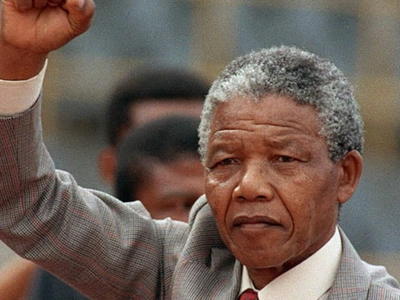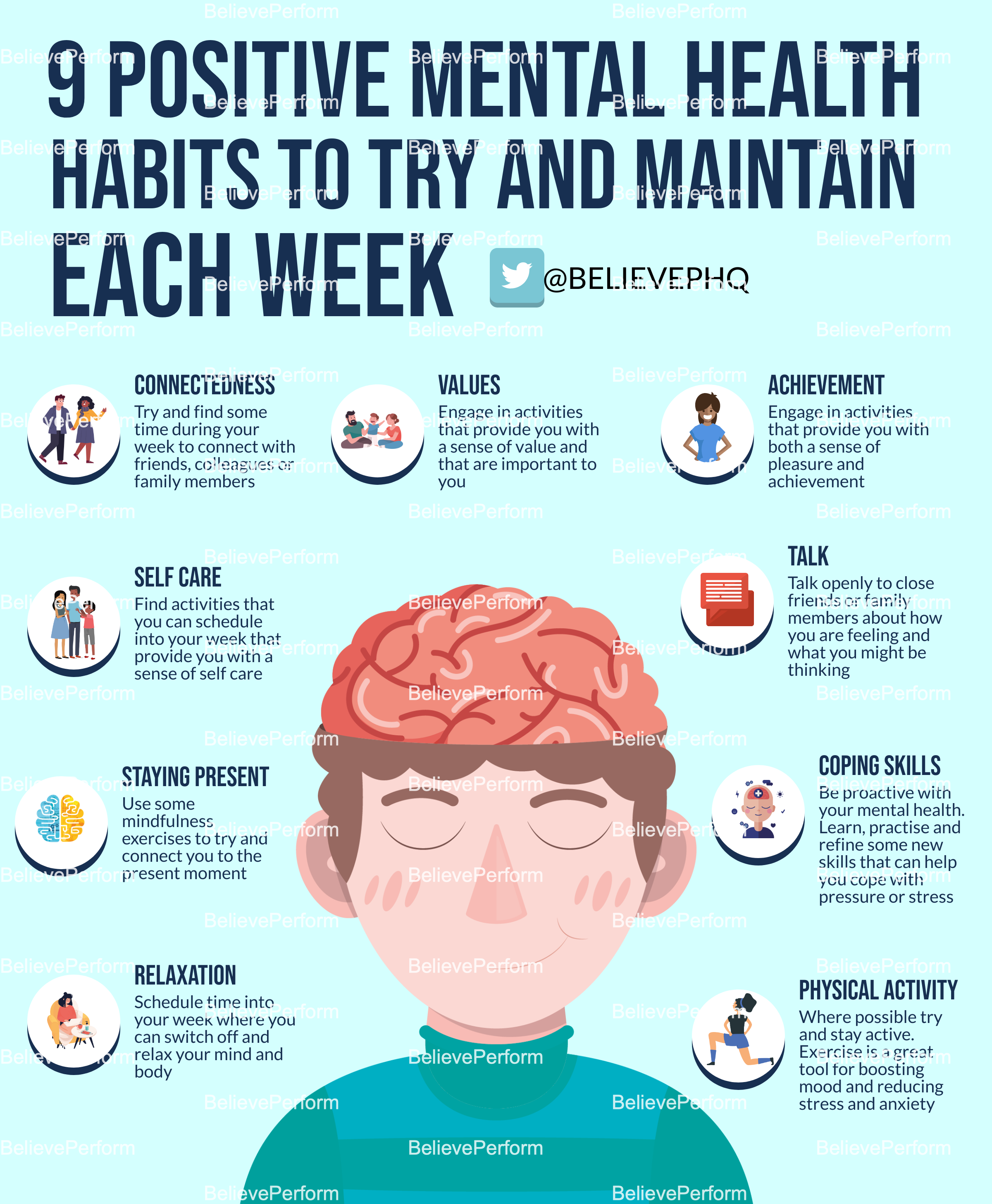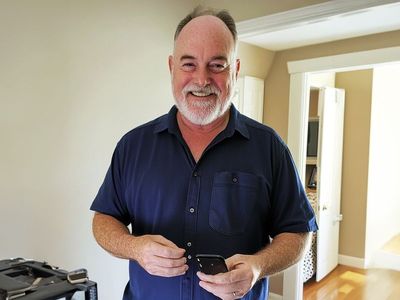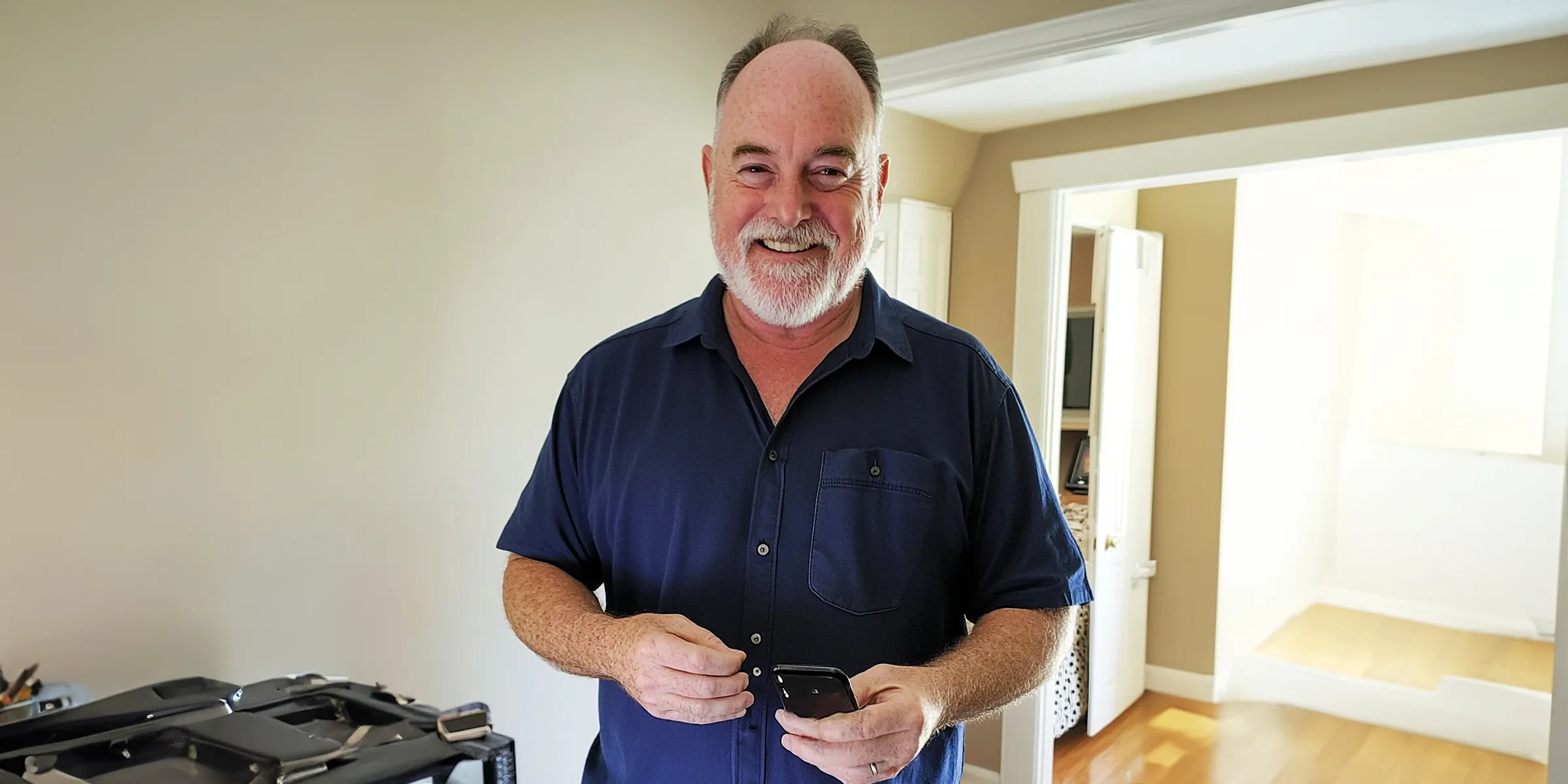The Uncomfortable Truth About Why Some People Choose the Hardest Path
We live in a world obsessed with self-preservation. Every day, we're bombarded with messages about protecting our reputation, securing our comfort, and avoiding unnecessary risks. So when someone with everything to lose deliberately chooses the most difficult path, it stops us cold.
It makes us uncomfortable. It forces us to question our own choices.
The Psychology of the Unlikely Hero
There's a psychological phenomenon that researchers have been studying for decades: what drives certain individuals to sacrifice their own well-being for others, especially when they had every opportunity to walk away?
The answer isn't what you'd expect.
It's not about being naturally selfless or having some superhuman moral compass. Research from the University of Michigan reveals that sacrificial leaders are often driven by a deep sense of belongingness—not to accolades or recognition, but to something larger than themselves.
They carry what psychologists call "invisible burdens"—the weight of seeing what others cannot or will not see.
When Comfort Becomes a Prison
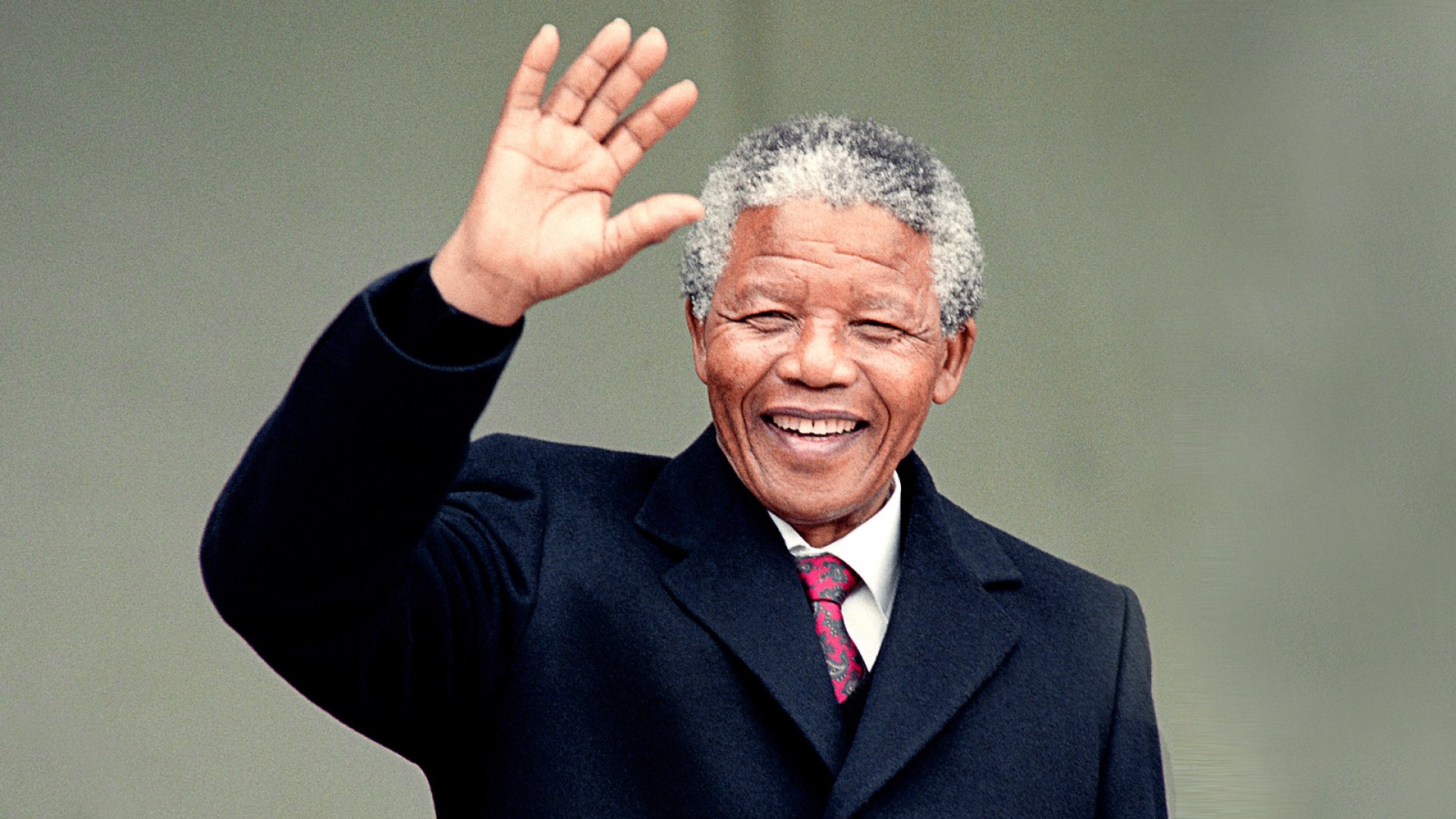
Consider Nelson Mandela. He had opportunities to accept conditional freedom, to live quietly, to enjoy his remaining years in peace. Instead, he chose 27 years of imprisonment, knowing it might cost him everything.
Or Viktor Frankl, who survived the Holocaust and could have easily retreated from public life. Instead, he spent decades helping others find meaning in their suffering, reliving his own trauma to serve humanity.
These weren't people who lacked options. They were people who understood that having options meant having responsibility.
The Burden Others Can't See
Here's what makes sacrificial leadership so misunderstood: it's not about heroism. It's about an inability to live with yourself if you don't act.
When Winston Churchill warned about the Nazi threat while his political career hung in the balance, he wasn't being brave—he was being honest about what he could see coming. The burden wasn't the risk to his reputation; it was the knowledge that his silence might cost millions of lives.
This is why your neighbor's question—"Why would someone take on so much hatred, so much risk?"—misses the point. The real question is: How do you live with yourself when you have the power to make a difference and choose not to?
The Price of Clarity
Sacrificial leaders often possess what researchers call "tragic clarity"—they see the full scope of a problem while others see only fragments. This clarity becomes a burden because ignorance is no longer an option.
Once you truly understand the stakes, comfortable neutrality becomes impossible.
Think about the business leader who could quietly enjoy their success but instead speaks out against industry practices that harm consumers. Or the teacher who could coast through their career but instead fights for educational reform, knowing it will make them a target.
They're not gluttons for punishment. They're people who've reached a point where their integrity demands more than their comfort allows.
The Paradox of Obligation
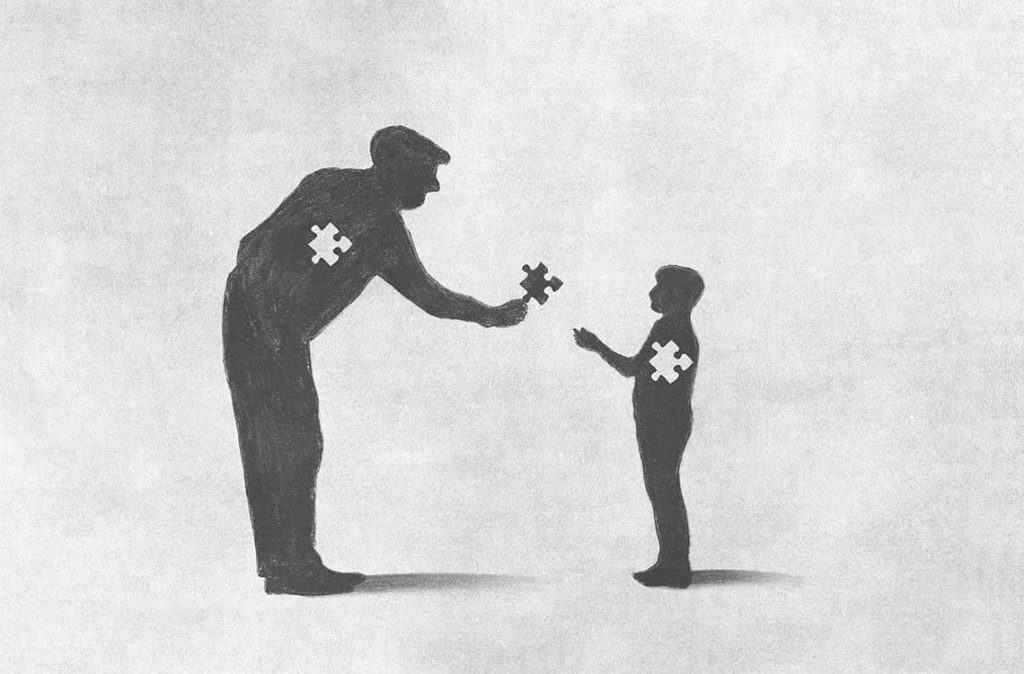
Here's the paradox that explains why some people choose the hardest path: the less they owe us, the more obligated they feel.
Someone who has already "made it" doesn't need our approval, our gratitude, or our permission. This freedom from external validation creates space for internal conviction. They can afford to do what's right rather than what's profitable or popular.
It's why the most transformative leaders often come from positions of privilege—not because privilege makes them better people, but because it gives them the luxury of choosing principle over survival.
The Modern Resistance to Sacrifice
In our current cultural moment, the idea of sacrificial leadership feels almost foreign. We're more comfortable with leaders who promise easy solutions, who tell us we can have everything we want without giving up anything we value.
But real leadership—the kind that creates lasting change—requires someone willing to absorb the cost that others won't pay.
This is why sacrificial leaders often face the most resistance from the very people they're trying to help. Their willingness to sacrifice exposes everyone else's unwillingness to do the same.
The Question We're All Avoiding
So why do some people choose the hardest path? Because they've reached a point where the easy path feels like a betrayal of everything they believe in.
They understand that true freedom isn't the absence of obligation—it's the ability to choose your obligations based on your values rather than your fears.
The real question isn't why they choose to sacrifice. It's why the rest of us choose not to.
The next time you see someone taking on unnecessary burdens, facing criticism they don't deserve, or risking everything for a cause that doesn't directly benefit them, don't ask why they're doing it.
Ask yourself why you're not.
Because somewhere, in the gap between their choice and yours, lies the uncomfortable truth about what you're really protecting—and what you're really avoiding.
